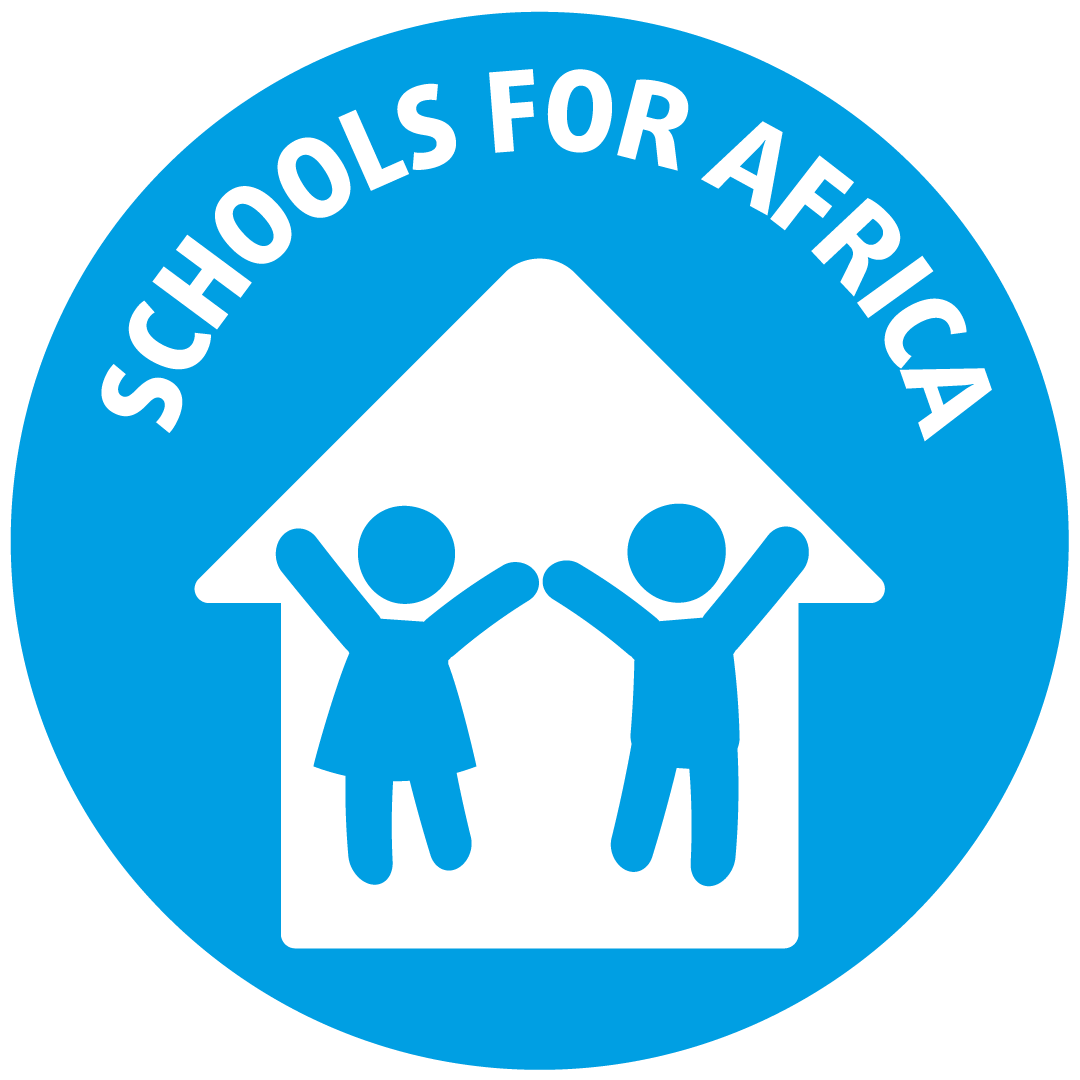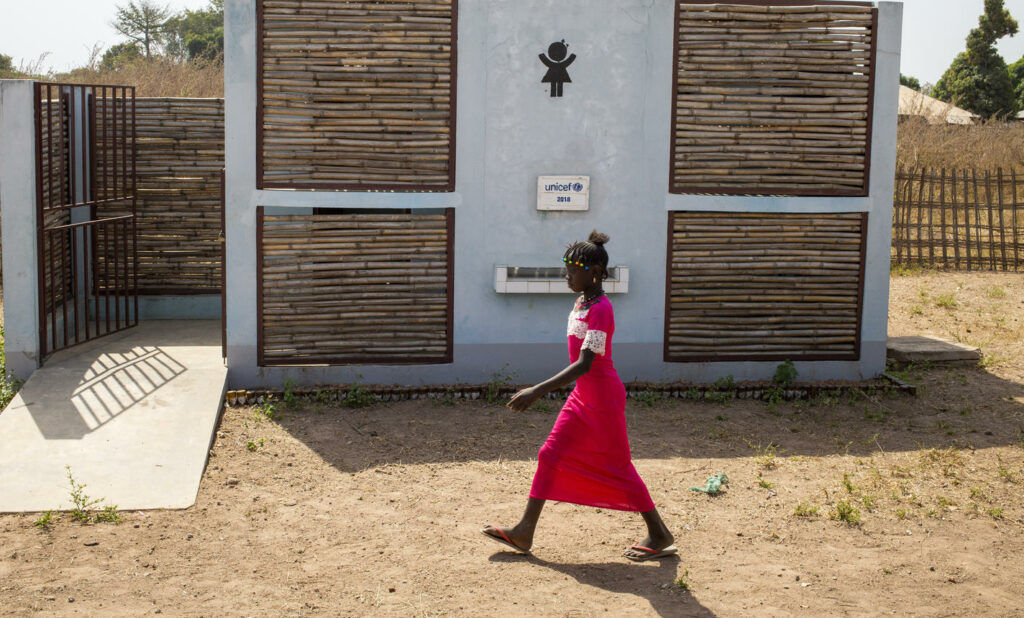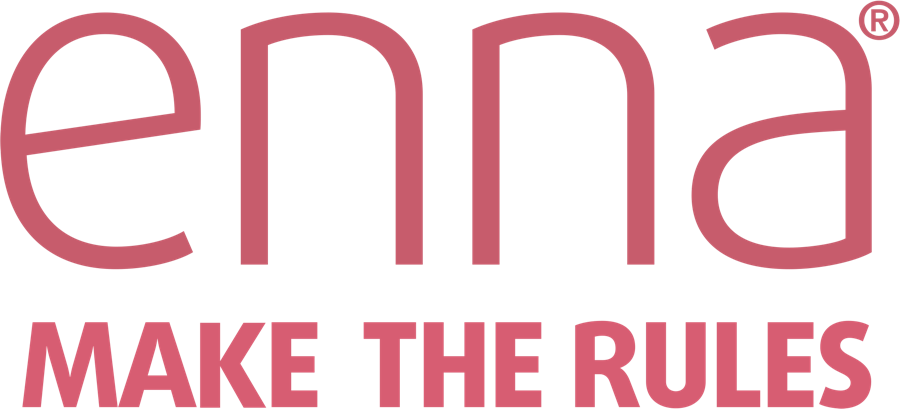CORPORATE SOCIAL RESPONSIBILITY

Taking care of both people and the environment is essential to us, which is why we’re involved in various CSR projects and are currently collaborating as a UNICEF Spain partner SME. With this collaboration, enna supports the “Schools for Africa” programme, through which it fosters quality education and the enjoyment of a safe school environment, with accessible, safe, clean and gender-separated toilets in schools. This ensures girls do not feel watched or self-conscious and can maintain good intimate hygiene.
The programme, amongst other issues, is focused on combating many of the barriers faced by girls and adolescents in Guinea Bissau surrounding menstruation at school environment, aiming to prevent them from interrupting and/or abandoning their education, a common occurrence when they start getting their periods. The origin of this school absenteeism lies in the false myths and taboos surrounding menstruation, which is why it is essential that girls and adolescents have accurate and factual information on menstruation and intimate hygiene.

What happens when girls get their periods?
In Guinea-Bissau, many girls start school late, meaning the number of menstruating girls in primary school is extremely high. Girls and adolescents often choose to stay at home rather than go to school during their menstrual period, causing many of them to miss school and interrupt their learning, which reduces their active participation in society and leads to inequality.
With the “Schools for Africa” programme, various initiatives are organised to encourage girls to attend school during menstruation and ensure their learning progress is not affected. In addition to providing toilets and hand washing facilities, the “Schools for Africa” programme trains teachers to address menstrual issues in the classroom. On Menstrual Hygiene Day, they organise forums called “Djumbai”, where NGOs, students, teachers and representatives of the Ministry of Education participate and discuss experiences and difficulties around menstruation.
All girls have the right to education and menstruation should not be a barrier to this.
